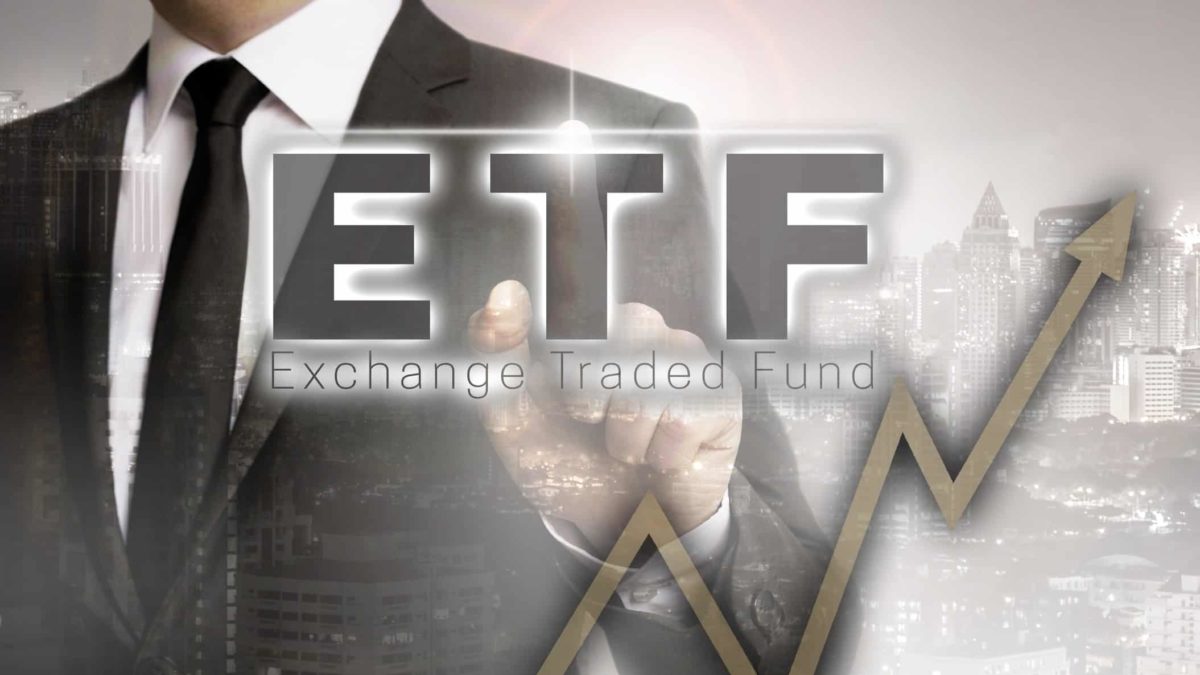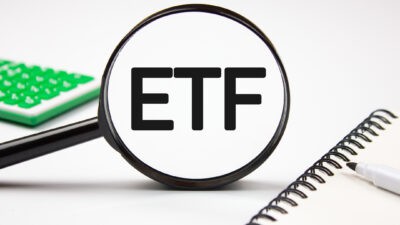Some of the leading exchange-traded funds (ETFs) have seen declines since the start of the year.
ETF prices simply reflect the movement of the underlying share prices of businesses. So, a cheaper ETF price means the underlying businesses have dropped in price too.
It's up to each investor to decide which investments they want to choose. But these two are known for being higher-quality:
VanEck Morningstar Wide Moat ETF (ASX: MOAT)
This ETF is set-up to look at businesses with strong positions in their respective sectors.
The 'wide moat' part of the name refers to the size of the economic moat of a company. Economic moats can also be called a competitive advantage.
There are many different ways that Morningstar analysts judge whether a business has a competitive edge. A business may have a cost advantage compared to rivals, perhaps due to to economies of scale. Patents and brands can be another form of advantage. Network effects or switching costs can also be factors for an economic moat.
But for this ETF, the length of time that the competitive moat is expected to endure is a key factor. 'Wide moat' businesses are ones that excess normalised returns must, with near certainty, be positive 10 years from now. In addition, excess normalised returns must, more likely than not, be positive 20 years from now.
After deciding on that high-quality list, businesses only get added to the portfolio if they're trading at attractive prices compared to Morningstar's estimate of fair value.
Some of the positions in the portfolio have been held for a long time, whilst others come and go. These are the current positions that have a weighting of at least 2.75%: Cheniere Energy, Wells Fargo, Lockheed Martin, Berkshire Hathaway, Bristol-Myers Squibb, Corteva, Philip Morris, Altria Group and Dominion Energy.
Past performance is not a guarantee of future results. However, the VanEck Morningstar Wide Moat ETF has returned an average of 18.9% per annum over the last five years.
Betashares Nasdaq 100 ETF (ASX: NDQ)
Much has been made about the decline of technology shares in 2022. The NDQ ETF has fallen around 10% since the start of the 2022 calendar year. This means that investors can get access to some of the strongest global tech businesses, for a cheaper price.
This offering from BetaShares owns many highly-recognised names including: Apple, Microsoft, Amazon.com, Tesla, Alphabet, Nvidia, Meta Platforms (Facebook), Adobe, Netflix and PayPal. In total, it has 100 positions from the NASDAQ.
Many of the above businesses are growing revenue at a fast rate, leading to strong compounding growth over the years.
However, the Betashares Nasdaq 100 ETF isn't just about tech names. In the portfolio are leading businesses like PepsiCo, Costco, Starbucks, Mondelez International and Moderna.
More than half of the portfolio is classified as IT. Amazon and Tesla are classified as consumer discretionary. Alphabet and Meta count as communication services. So, the unofficial tech weighting of the portfolio is even higher.
Many of the businesses involved are among the national or global leaders at what they do.
Past performance is not a reliable indicator of future performance, but since inception in May 2015 the NDQ ETF has returned an average return per annum of almost 22%. That's after the annual management fee of 0.48%.









